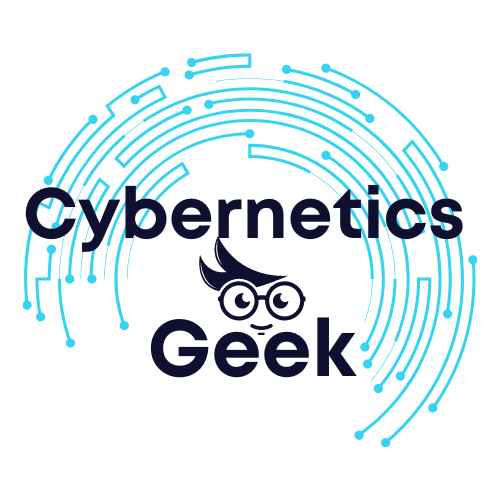In the digital age, where cyber threats are a daily reality, antivirus and antimalware software are your digital bodyguards. These tools provide an essential layer of defense against malicious programs that aim to steal your data, damage your devices, or disrupt your life.
What Are Antivirus and Antimalware Software?
Antivirus software is designed to detect, prevent, and remove malicious software (malware) from your devices. While antivirus was originally focused on combating traditional viruses, modern solutions now include antimalware capabilities to address a broader range of threats, including:
- Viruses: Programs that replicate and spread, often damaging files and systems.
- Trojans: Malicious software disguised as legitimate programs.
- Ransomware: Programs that encrypt your files and demand payment for their release.
- Spyware: Software that secretly gathers information about you.
- Adware: Annoying programs that display unwanted ads.
- Rootkits: Tools that allow attackers to take control of your system undetected.
Why You Need Antivirus and Antimalware Software
- Constant Threats: Cybercriminals are constantly developing new malware. Antivirus and antimalware software stay updated to combat these evolving threats.
- Protection Against Unknown Threats: Modern tools use advanced technologies like behavior analysis and machine learning to detect threats that haven’t yet been identified in virus databases.
- Safeguard Personal Data: With more of our lives stored digitally, protecting sensitive information like passwords, financial details, and personal photos is crucial.
- Prevent System Damage: Malware can corrupt files, slow down your devices, and even render them unusable.
- Stop Ransomware Attacks: Ransomware is a growing threat. Robust security software can block ransomware before it locks you out of your files.
Key Features to Look For
Not all antivirus and antimalware software are created equal. Look for the following features when choosing a solution:
- Real-Time Protection: Monitors your device continuously for threats.
- Automatic Updates: Ensures your software is always up to date with the latest virus definitions.
- Comprehensive Malware Detection: Can identify and remove various types of threats, including spyware, ransomware, and Trojans.
- Firewall Integration: Adds an extra layer of protection by monitoring incoming and outgoing network traffic.
- Ease of Use: A user-friendly interface makes it easier to manage your security.
- Compatibility Across Devices: Protect all your devices, including laptops, smartphones, and tablets.
- Privacy Tools: Some software includes features like VPNs, secure browsing, and identity theft protection.
Choosing the Right Antivirus and Antimalware Software
When selecting a security solution, consider the following:
- Reputable Providers: Stick to well-known brands like Norton, McAfee, Bitdefender, Kaspersky, or Malwarebytes.
- Free vs. Paid: While free options provide basic protection, premium versions offer comprehensive features, such as ransomware defense and advanced privacy tools.
- Reviews and Ratings: Research user reviews and expert recommendations to find reliable options.
- System Performance Impact: Choose software that runs efficiently without slowing down your device.
Best Practices for Using Antivirus Software
- Install It Early: Set up antivirus software as soon as you get a new device.
- Keep It Updated: Malware evolves rapidly, so ensure your software is always current.
- Schedule Regular Scans: Perform weekly full-system scans to catch any dormant threats.
- Avoid Overlap: Using multiple antivirus programs can cause conflicts. Stick to one reliable solution.
- Combine with Other Security Measures: Antivirus software is one layer of protection. Combine it with firewalls, secure passwords, and cautious online behavior.
Common Myths About Antivirus and Antimalware Software
- “I Don’t Need It on a Mac or Linux”: While these systems are less targeted, they are not immune to threats.
- “Free Tools Are Enough”: Free tools are better than nothing, but they often lack advanced protection against modern threats.
- “I’m Safe If I Avoid Sketchy Websites”: Malware can come from legitimate-looking sites, email attachments, or even USB drives.
- “It Slows Down My Device”: Modern antivirus solutions are optimized to work efficiently without noticeable performance issues.
The Role of Antivirus Software in Cybersecurity
Antivirus software plays a critical role in your overall security strategy:
- First Line of Defense: Stops known threats before they cause harm.
- Layered Security: Complements other measures like firewalls and two-factor authentication.
- Incident Response: Helps detect and remove infections if your device is compromised.
Conclusion
In a world where cyber threats are constantly evolving, antivirus and antimalware software are indispensable tools for protecting your devices and data. They serve as a vigilant defense, working tirelessly in the background to keep you safe.
Don’t delay—invest in reliable antivirus software today and pair it with safe online habits for maximum security. In cybersecurity, prevention is always better than recovery. Stay proactive, stay protected.
